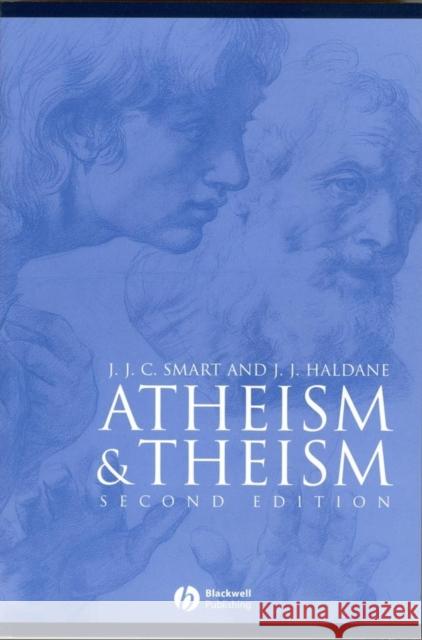Atheism and Theism » książka
topmenu
Atheism and Theism
ISBN-13: 9780631232582 / Angielski / Twarda / 2002 / 288 str.
In this book two philosophers, each committed to unambiguous versions of belief and disbelief, debate the central issues of atheism and theism.
- Considers one of the oldest and most widely disputed philosophical questions: is there a God?
- Presents the atheism/theism issue in the form of philosophical debate between two highly regarded scholars, widely praised for the clarity and verve of their work.
- This second edition contains new essays by each philosopher, responding to criticisms and building on their previous work.











